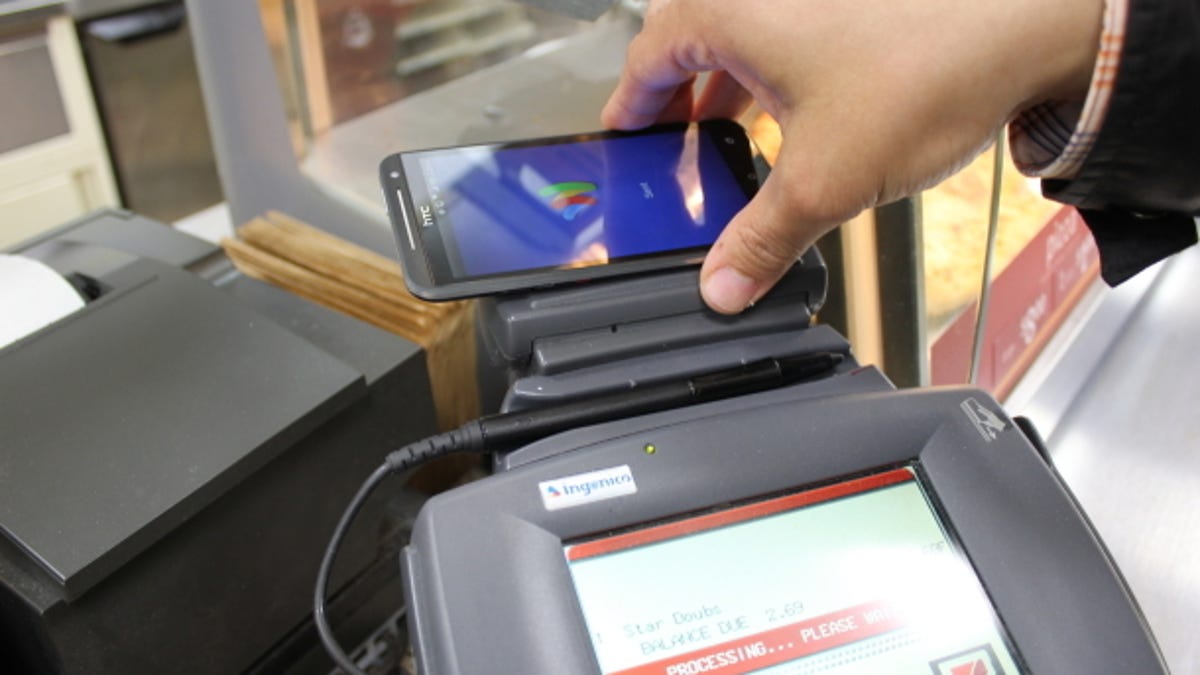Study: People don't use or understand digital wallets
Digital wallets from Square, Visa, MasterCard, and others have a major perception problem, a study from ComScore finds.

The digital wallet has been anointed by many as the future of payments. In the present, however, virtual-pay apps remain largely untouched and misunderstood.
Only 51 percent of U.S. consumers are even aware of digital payment providers other than PayPal, and a teeny-tiny percentage of people -- 12 percent spanning all brands -- have actually used applications such as Google Wallet, MasterCard PayPass Wallet, or Square Wallet, according to a new study from analytics firm ComScore.
ComScore analyzed data from a panel of 1 million U.S. consumers and two separate surveys of U.S. Internet users in November 2012 to arrive at its conclusions. For purposes of the study, the firm defined the digital wallet as an entity that stores a virtual copy of wallet content for use in online or offline transactions. The full report is available for purchase, but CNET obtained a copy from ComScore for review.
"Digital wallets represent an innovative technology that has not yet reached critical mass among consumers due to a variety of factors, including low awareness and a muddied understanding of their benefits," ComScore Payments Practice Leader Andrea Jacobs said.
Should the digital wallet find a foothold with consumers, it will be PayPal's market to lose. Seventy-two percent of survey respondents said they were aware of the eBay-owned payment facilitator's digital wallet and 48 percent indicated that they had used the technology. Compare that to the web and mobile wallet from Google, which placed a distant second with 48 percent awareness and an unremarkable 8 percent usage among survey participants.
The rest of the digital wallet-makers, ranging from credit card companies such as MasterCard and Visa to startups like Square and LevelUp, all scored so low it's safe to say that people have no idea what these offerings are or why they should use them.
Part of the digital wallet adoption problem appears to be linked to security concerns around hacking or phone and identity theft, issues that providers need to do a better job at addressing. ComScore found that 93 percent of respondents said they would prefer to use a digital wallet that has to be unlocked before use, though just 57 percent were aware that this type of feature was available -- even after they reviewed each brand's website.
Jacobs, however, hasn't written off the future potential of digital wallets. "There was a time when consumers were reluctant to use ATMs for similar reasons, and, today, look at how far we've come since the 1970s and 1980s," she said. "It would seem that the future is bright for digital wallets, but it will require deliberate execution of strategies such as sound marketing for this technology to realize its full potential."
People, in theory but not yet in practice, want a way to pay with their smartphones. Close to half of consumers would be willing to pay for purchases via mobile phone, according to ComScore, and 62 percent of respondents indicated that digital-wallet technology sounds useful.

